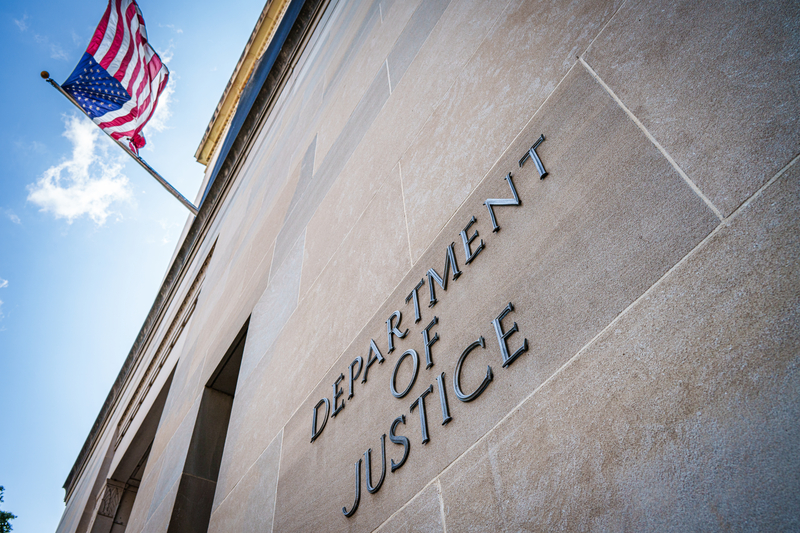All firms – even those based overseas – that market cryptoassets to UK customers will soon need to follow the new UK financial promotions regime. The legislation is still going through Parliament, but the FCA is urging firms to comply now.
“Acting now will help ensure they can continue to legally promote to UK consumers. We encourage firms to take all necessary advice as part of their preparations”, said the FCA.
With this proposed legislation, the Government wants to “promote responsible innovation, and to enable consumers to make informed decisions by ensuring that cryptoasset promotions are subject to Financial Conduct Authority rules in the same way as promotions of other financial services products with similar levels of risk”, it said in a policy statement on February 1, 2023.
“Acting now will help ensure they can continue to legally promote to UK consumers. We encourage firms to take all necessary advice as part of their preparations.”
The FCA
The Government wants to introduce an exemption in the Financial Promotion Order for cryptoasset businesses registered with the FCA under the Money Laundering, Terrorist Financing and Transfer of Funds (Information on the Payer) Regulations 2017 (‘MLRs’).
This exemption will also make it possible for cryptoasset businesses who are not authorised persons – but are registered with the FCA under the MLRs – to promote their cryptoasset to consumers in the UK. It will apply to all firms that are marketing cryptoassets to UK consumers regardless of where the firm is based or what technology is used.
Four ways to be accepted
When the regime starts, subject to Parliamentary approval, there will be four accepted ways to promote cryptoassets to UK consumers:
- The promotion is communicated by an FCA-authorised person.
- The promotion is made by an unauthorised person but approved by an FCA-authorised person. (If the legislation is approved – authorised people will need to pass through a regulatory gateway in order to approve financial promotions for unauthorised persons.)
- The promotion is communicated by a cryptoasset business registered under the MLRs with the FCA.
- The promotion otherwise complies with the conditions of an exemption in the Financial Promotion Order.
It is worth noting that a firm that is only authorised under the Electronic Money Regulations or the Payment Services Regulations is not considered to be an authorised person, and can therefore not communicate or approve financial promotions. However, cryptoasset businesses that are registered under the MLRs can continue to promote their cryptoassets – as long as they are complying with the conditions of the exemption and the relevant FCA rules.
Could face imprisonment
The FCA says that firms must need to start preparing this new regime now, and that it will ”take robust action against firms breaching these requirements”. That may include taking down of websites, issuing public warnings and enforcement actions.
Promotions that are made without following any of these four routes will be in breach of section 21 of the Financial Services and Markets Act 2000 (FSMA), which can be punishable by up to two years imprisonment.
The consultation on this regime closes on March 23. The FCA will publish the final rules for cryptoasset promotions once the legislation has been made.
MLRs – Regulation 58A
(1)The FCA must refuse to register an applicant (“A”) for registration in a register maintained under regulation 54(1A) as a cryptoasset exchange provider or as a custodian wallet provider if A does not meet the requirement in paragraph (2).
(2) A, and any officer, manager or beneficial owner of A, must be a fit and proper person to carry on the business of a cryptoasset exchange provider or custodian wallet provider, as the case may be.
(3) A person who has been convicted of a criminal offence listed in Schedule 3 is to be treated as not being a fit and proper person for the purposes of this regulation.
(4) If paragraph (3) does not apply, the FCA must have regard to the following factors in determining whether the requirement in paragraph (2) is met —
(a) whether A has consistently failed to comply with the requirements of these Regulations;
(b) the risk that A’s business may be used for money laundering or terrorist financing; and
(c) whether A, and any officer, manager or beneficial owner of A, has adequate skills and experience and has acted and may be expected to act with probity.
Source: legislation.gov.uk













